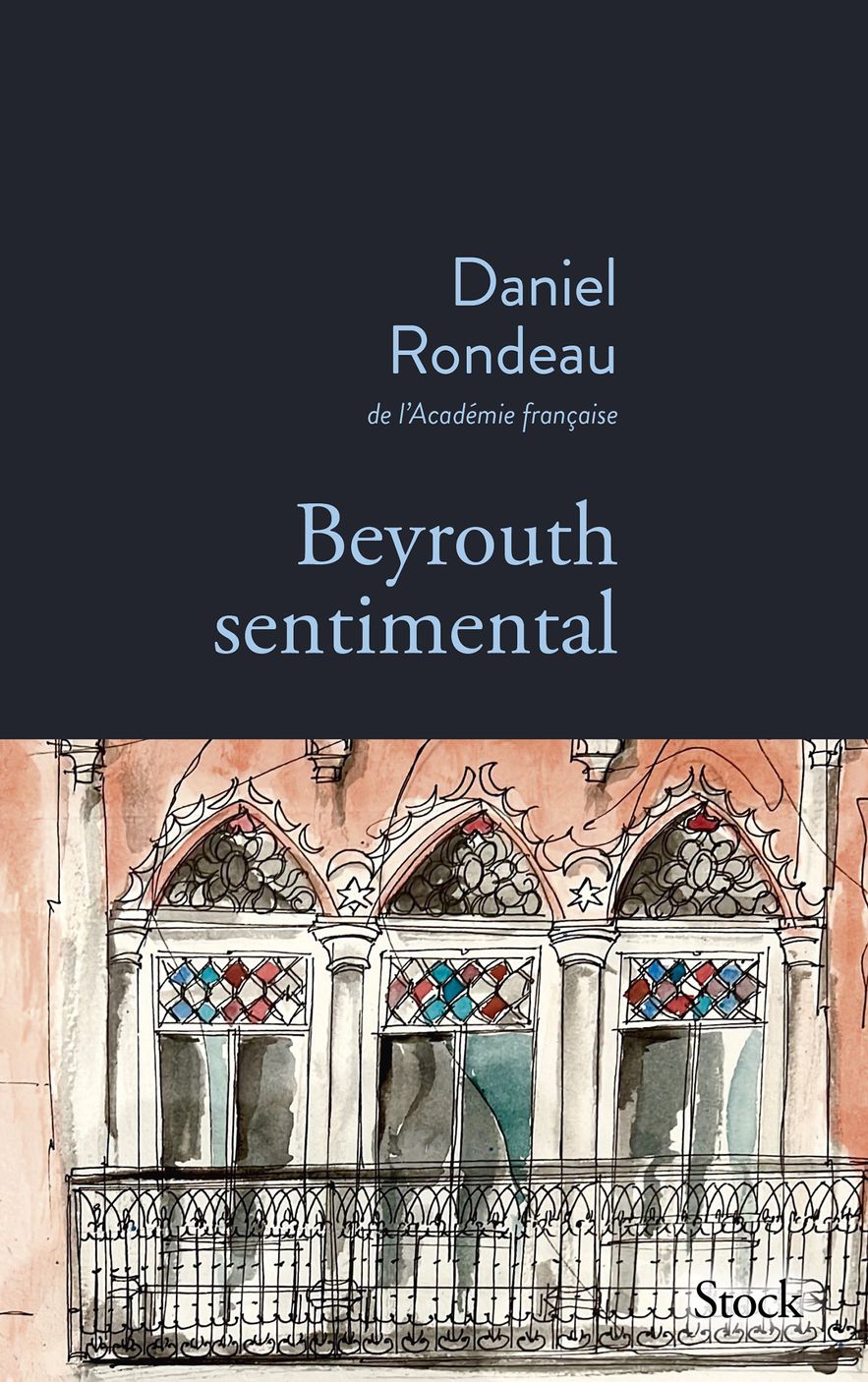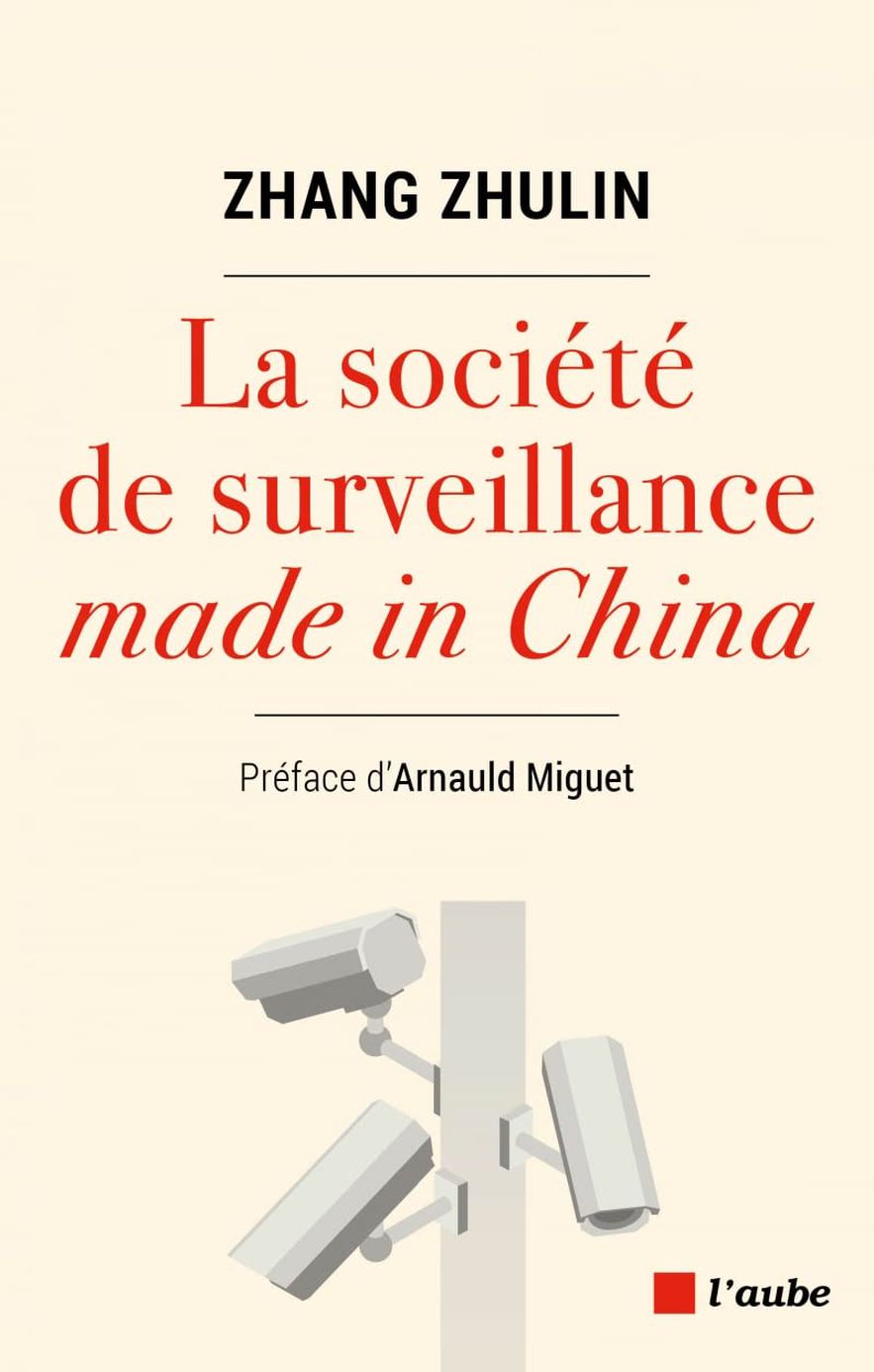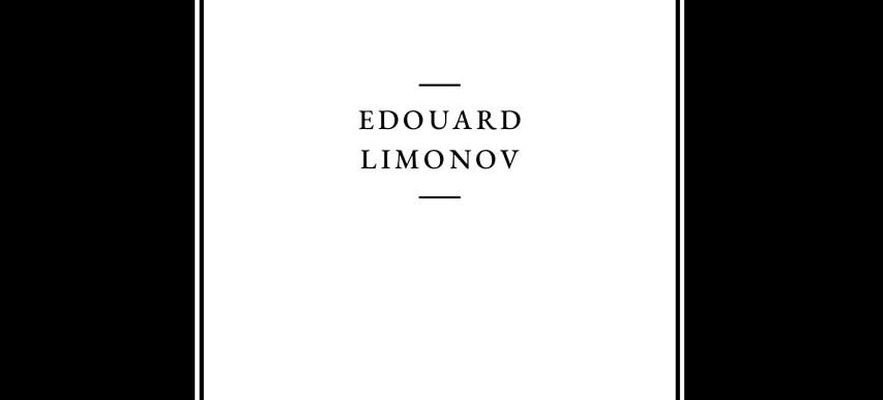316.V, epitaph to the idiot
by Edward Limonov, trans. from Russian by Marie Roche-Naidenov.
Louison editions, 347 pages, €19
The rating of L’Express: 3/5
316.V, EPITAPH TO THE IDIOT BY EDOUARD LIMONOV, TRAD. From RUSSIAN BY MARIE ROCHE-NAIDENOV.
© / LOUISON EDITIONS
It is nicknamed the “24 hour war”. Or the duration of the brief nuclear conflict between the United States and Russia, which caused more than 50 million victims. In this devastated world, resources are scarce. A law, 316.V, imposes strict population control. Anyone over the age of 65 is ruthlessly suppressed by the terrible Ministry of Demography. In New York, a man rebels…
Published in Russia in 2005, this dystopia by Edouard Limonov had never been translated into French. Thug in Kharkov, poet underground in Moscow, butler in New York, crazy writer in Paris, political prisoner and opponent of Putin, Limonov, who died in 2020 at the age of 77, embodies the upheavals and excesses of the post-Soviet decades. Satire of oligarchic Russia (“The country lives off the export of raw materials to European countries and investments in dollars in the United States and Japan. We successfully parasitize the labor of others”, mocks a Russian protagonist), this Orwellian novel explores premonitory themes: nuclear blackmail, the gerontocracy of the ruling classes or the autocratic excesses that weigh on the world. “The years have swept away and destroyed ideologies, only the main slogans remain that decorate the facades of places of power […] It is the system, the structure, the State which have proven to be the most important”, sighs the hero. A regime without ideology, if not the systematic capture of powers and the predation of resources. Vladimir Putin’s Russia, as Edouard Limonov already saw it in 2005. Charles Haquet
Beirut sentimental
By Daniel Rondeau.
Stock, 218 pages, €19.5
The rating of L’Express: 4/5

BEIRUT SENTIMENTAL BY DANiEl RONDEAU
© / STOCK
It needed an immortal to tell the story of a country with so many lives. With sentimental Beirut, Academician Daniel Rondeau delivers the logbook of his fabulous love story with Lebanon, a myth encountered in the works of the library of Chalons during his childhood, which will never let go. “I live with the pulse of Beirut in my head”, attacks the author, frequent traveler, factory worker, journalist, diplomat and, above all, mad lover of the country of Cedars.
His first trip to Lebanon, in 1987, sums up this incredible land: in the midst of the civil war (1975-1990), the Frenchman disembarked aboard a boat full to bursting with zany characters, after having flown from Paris to Cyprus in an almost empty plane, with only one other passenger on board. Despite the dramas, from the armed conflict to the explosion in the port of Beirut on August 4, 2020, lightness never leaves his pen. “Ephemeral fighting often occupied the dead hours of dawn, despite the instructions which imposed saving ammunition, because of inflation”, says the diplomat along the Green Line which separated Beirut in two during the war. Through his short stories and anecdotes, Daniel Rondeau takes us by the hand and guides us through the maze of this country so subtle, with crazy stories and permanent chaos. He makes us meet presidents, militiamen, monks, drunken Saudi princes squandering millions in the casino, Carlos Ghosn just out of his trunk or even, Lebanon obliges, sacred poets. An ideal guide to explore the Lebanese labyrinth. And its infinite melancholy. Corentin Pennarcar
The surveillance company made in China
By Zhang Zhulin.
Editions de l’Aube. 258p. , €24.
The rating of L’Express: 4/5

THE MONITORING COMPANY MADE IN CHINA BY ZHANG ZHULIN.
© / DAWN EDITIONS
Zhang Zhulin, who was born and raised in China, is one of the few journalists of Chinese origin working in France. Concerned by the dictatorial drift of the Asian superpower, he explores the way in which the Chinese Communist Party monitors its nationals: in the street – via its facial recognition cameras –, on social networks, and even abroad, in order to repress any dissenting voice. His investigation is based on a multitude of testimonies. He describes, for example, the surprise of this artist, summoned by the police for having been part of a Telegram group on Li Wenliang, whistleblower doctor when the Covid-19 appeared, who was unjustly accused and succumbed to the disease. The man discovers that the agents, threatening, knew the smallest details of his conversations.
Zhang Zhulin immerses us in the grotesque daily life of the Chinese, forced into contortions to write messages on WeChat without using words rejected by the automatic control system. Communications that can disappear after about ten minutes if they address a subject deemed sensitive. The book also describes the pressure exerted by the most nationalistic Chinese on their compatriots accused of giving a bad image of their country – and therefore of being “suppliers of knives” for the West – if they evoke social problems. Foreseeing, the regime showers children with propaganda at school and encourages students to denounce “deviant” teachers. “The Party is everywhere,” insists President Xi Jinping. And he sees everything. A scary Chinese “Big Brother”. Cyrille Pluyette
